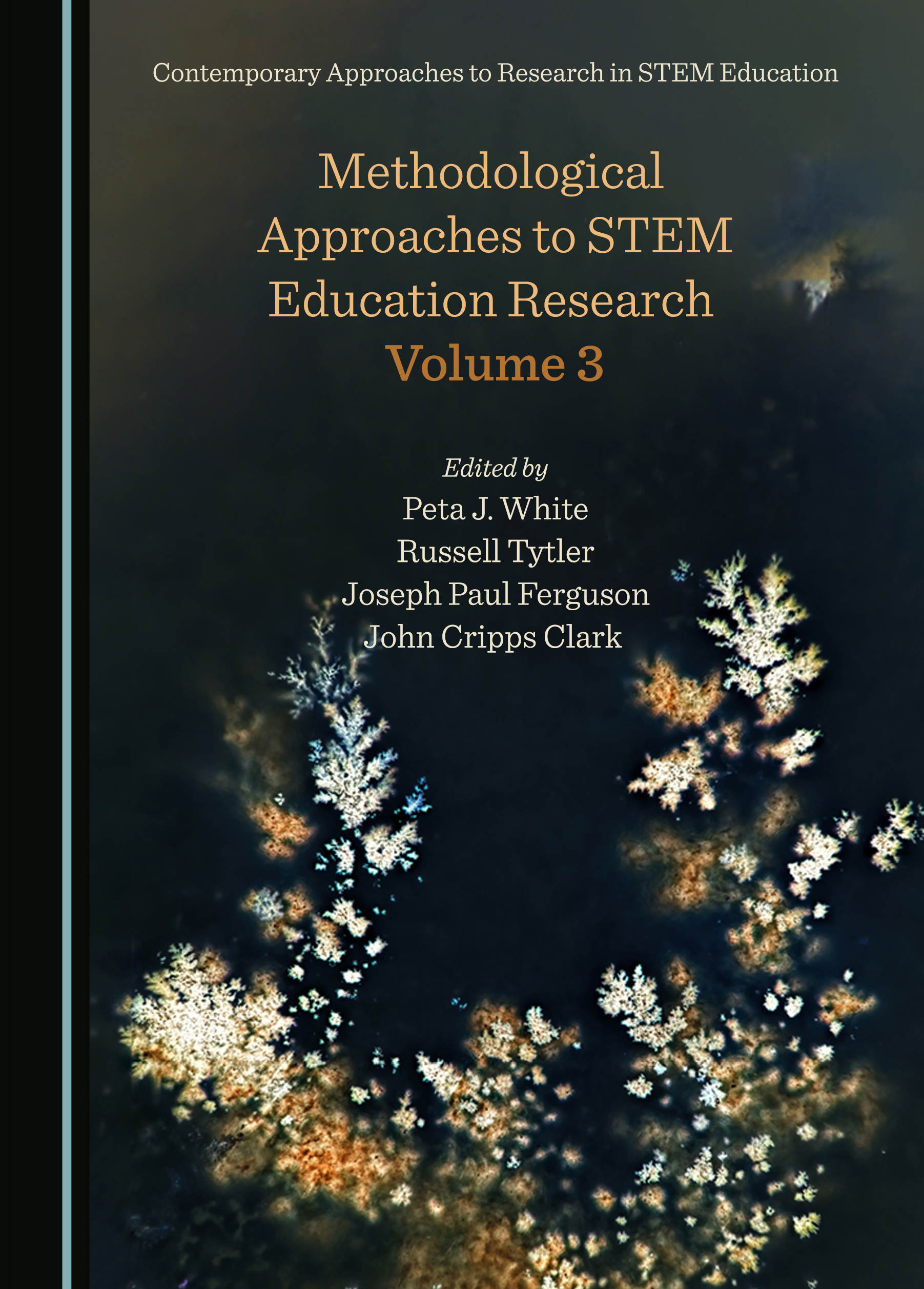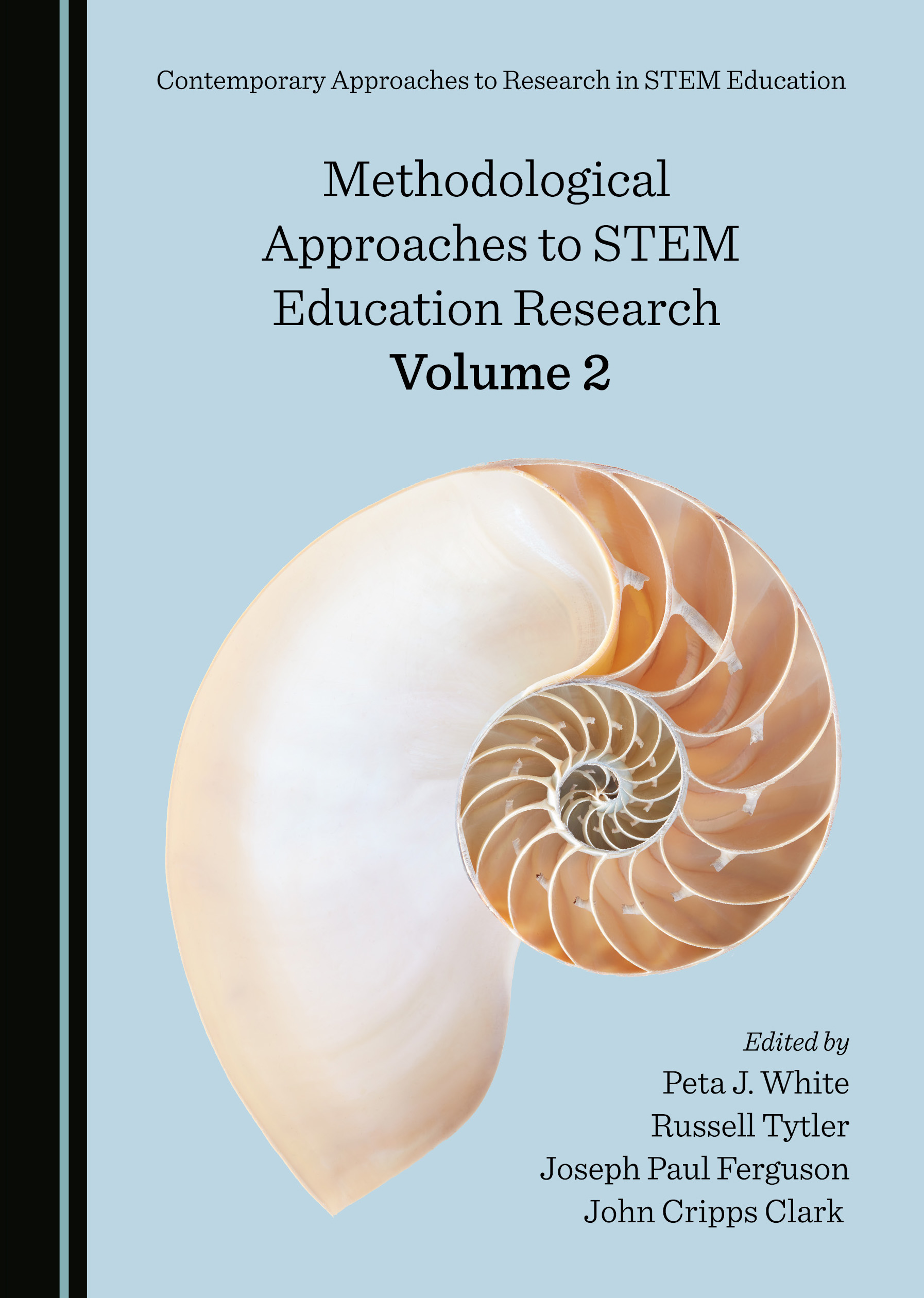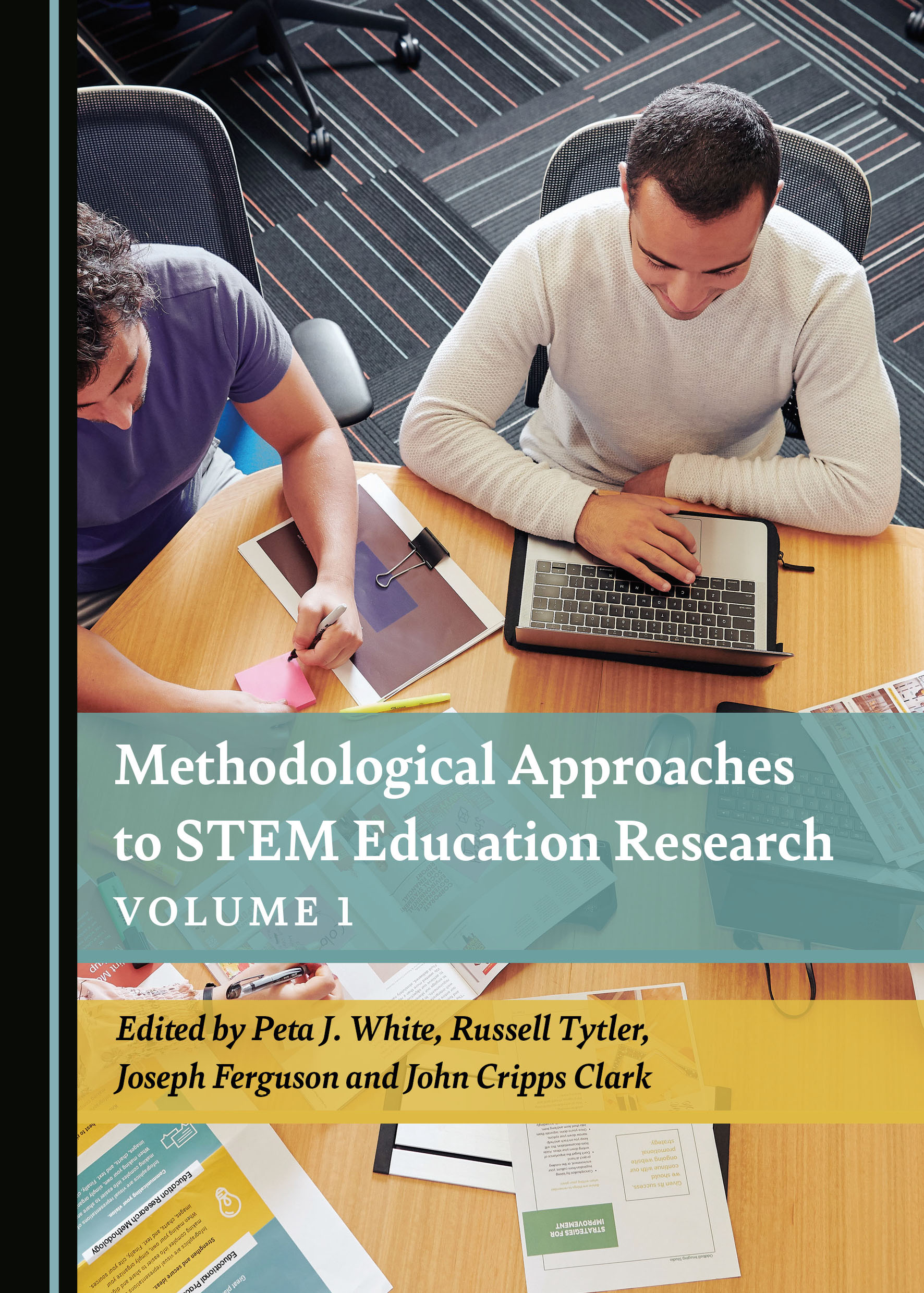Contemporary Approaches to Research in STEM Education
This book series considers various practical and theoretical aspects of a range of research methodologies, such as cross-cultural perspectives, activity theory, capturing complexity, classroom video analysis, quantitative methods, and interviewing, in order to contribute to these important considerations of methodology when it comes to educational research. The methodologies of educational research are specific to the discipline and must be treated as such. In order for educational researchers, teachers, students and others involved in education to work together to meet the educational demands of the 21st century, they must have the opportunity to meaningfully consider the methodologies that underpin the research which significantly shapes educational practices and policies. Each book in this series will provide important and provocative contributions to discussions concerning the latest issues in education and educational research, in the process helping to shape the future of education across the globe.
Peta White is a science and environmental education lecturer at Deakin University. Peta has worked in classrooms, as a curriculum consultant and manager, and as a teacher educator in several jurisdictions across Canada and Australia. Peta gained her PhD in Saskatchewan, Canada where she focussed on learning to live sustainably which became a platform from which to educate future teachers. Her passion for initial teacher educator, activist environmental education, and action-orientated methodologies drives her current teaching/research scholarship. Peta’s current research interests follows three directions including science education, sustainability and environmental education, and collaborative/activist research.
https://www.deakin.edu.au/about-deakin/people/peta-white
Russell Tytler is Alfred Deakin Professor and Chair in Science Education at Deakin University, Australia. He has researched and written extensively on student learning and reasoning in science. His interest in the role of representation as a multimodal language for reasoning and learning in science extends to pedagogy and teacher and school change. He researches and writes on student engagement with science and mathematics, school-community partnerships, and STEM curriculum policy and practice. His current academic focus is interdisciplinarity leading to critical and creative reasoning. He has published extensively, and has been Chief Investigator on a range of Australian Research Council and other research projects.
https://www.deakin.edu.au/about-deakin/people/russell-tytler
Dr Joseph Ferguson is a Lecturer and Researcher in the School of Education at Deakin University, Australia. He is interested in investigating the various manifestations of reasoning in the science classroom, particularly creative reasoning. Through an exploration of the philosophies and theories that underpin inquiry practices and the associated methodologies that enable this research, he seeks to add to clarify what it means for teachers and students to enact inquiry in the classroom. His academic interests also include the power of video-based methodologies, informed by film theory and philosophy, to maximise the potential of such research to support teachers and students in their teaching and learning of science.
https://www.deakin.edu.au/about-deakin/people/joe-ferguson
John Cripps Clark, teaches and researches in science communication, science education and cultural-historical activity theories. His most recent projects have been in STEM education, working with colleagues and teachers to develop various pedagogies. He has used Vygotsky’s method of dual stimulation to teach and understand digital literacy and primary science teaching, and is passionate about improving the learning experiences of off-campus students.
https://www.deakin.edu.au/about-deakin/people/john-cripps-clark














